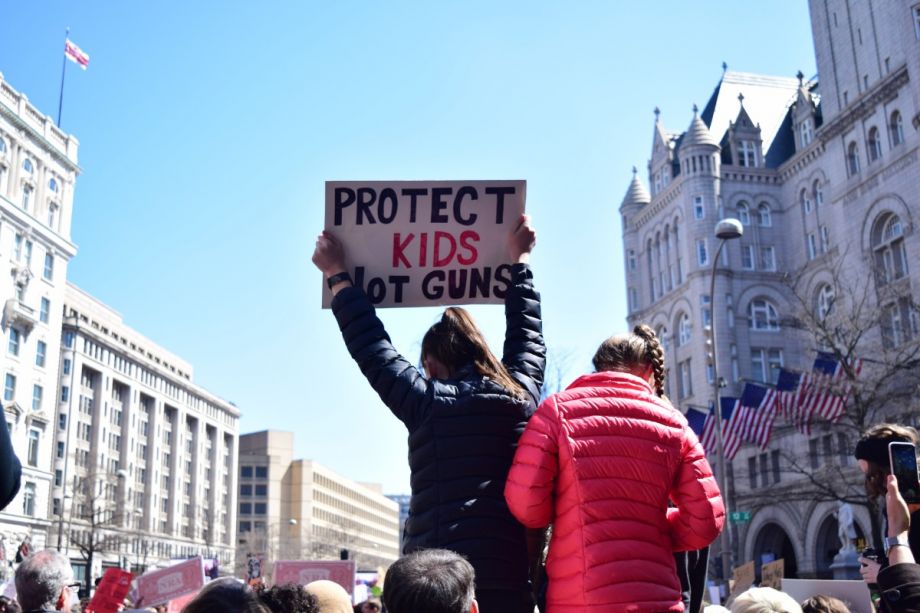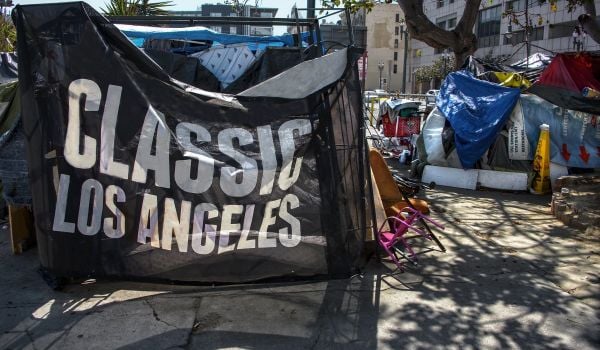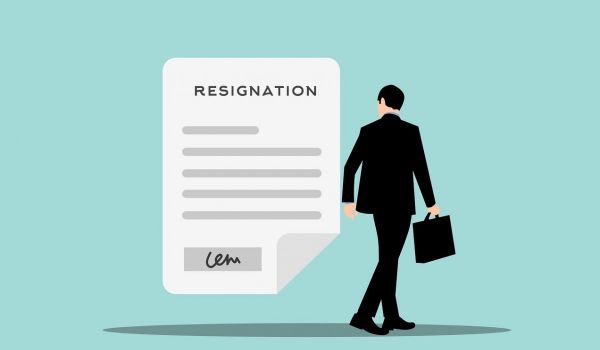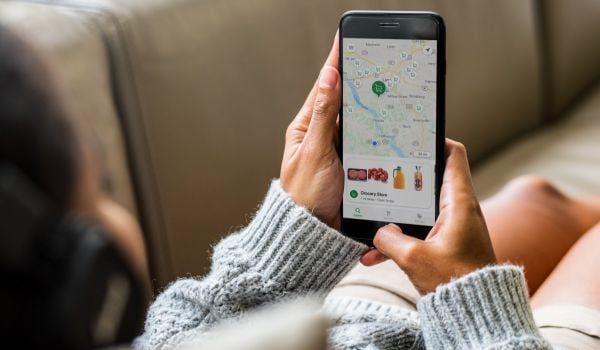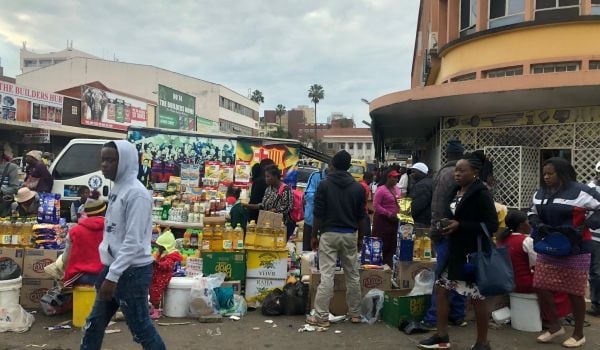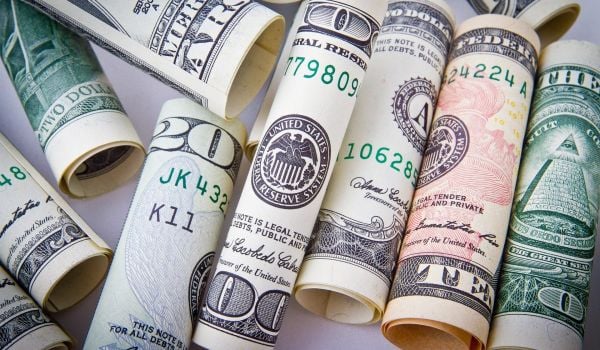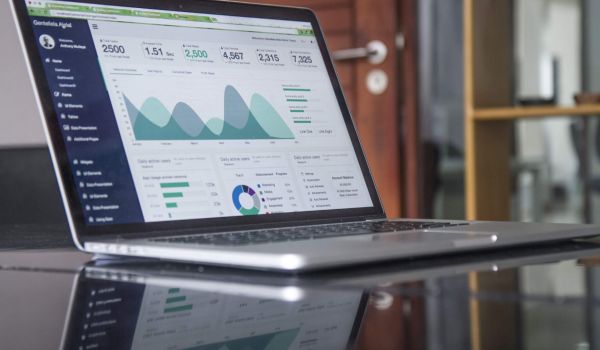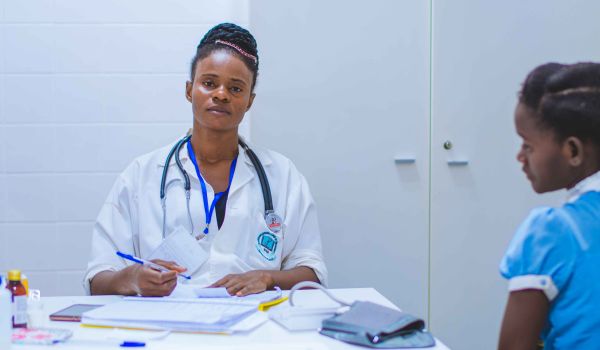Students Who Have Experienced Gun Violence Suffer Long-Term Consequences
A report by Northwestern University found that students who have survived school shootings are less likely to graduate high school, or attend and graduate from college.
These students are also much more likely than their peers to skip school, be chronically absent or repeat a grade two years after the shooting.
According to the Washington Post, more than 311,000 U.S. students have experienced gun violence since the Columbine High massacre in 1999. The new study is among the first to quantify the long-term impacts of school shootings on the surviving students.
While the long-term economic effects of gun violence can be startling — students can face a loss of $115,000 in wages because they are more likely to be unemployed between the ages of 24 and 26 — the effect on their mental health may be even greater.
Two years after a shooting, students use antidepressants at a rate 20% higher than average, a statistic that is concerning to the authors of the study.
“You can see that this really sticks with students and affects their long-run trajectories, both in terms of their educational attainment and their economic outcomes,” co-author Molly Schnell said.
Even when schools hired more mental health professionals, it made “no difference” to the surviving students’ wellbeing, showing that these measures are insufficient to tackle the hazardous effects of school shootings.
“You end up with very harmful events with long-term costs and damages that could have been prevented if these guns were not brought to school,” study co-author Hannes Schwandt said.
Millionaires Demand to Be Taxed Equitably
A cohort of millionaires working to combat income inequality have gathered in Davos, Switzerland, to protest against the World Economic Forum’s gathering of some of the world’s wealthiest residents, the Guardian reports.
The so-called “patriotic millionaires” are asking world leaders to introduce new taxes on the wealthy, as rising inequality may push 263 million more people into extreme poverty in 2022. Rising food and energy bills aggravate their concerns, as estimates indicate that this will increase the number of people experiencing extreme poverty to 1.2 million.
“It’s outrageous that our political leaders listen to those who have the most, know the least about the economic impact of this crisis, and many of whom pay infamously little in taxes,” said Phil White, member of the Patriotic Millionaires UK, to the Guardian. “The only credible outcome from this conference is to tax the richest and tax us now.”
Inflation Impacts Low-Income and Black Households Disproportionally
The effects of inflation diversely affect residents, according to a memo by the Washington Center for Equitable Growth.
The authors summarized findings presented at the Federal Reserve Bank of Minneapolis, which found that price increases cause white households to pay 7% more, compared to Black households who pay up to 7.5% more.
Since the prices for all goods increased, low-income families avoided buying luxury goods during the pandemic but still had to manage the price increase for necessary goods like groceries.
“Low-income households are [thus] hit twice by recessions,” says Jacob Orchard, a Ph.D. candidate in economics at the University of California, San Diego, and a 2019 Equitable Growth grantee, “once by the recession itself and again as their price index increases relative to other households.”
This article is part of The Bottom Line, a series exploring scalable solutions for problems related to affordability, inclusive economic growth and access to capital. Click here to subscribe to our Bottom Line newsletter.

Solcyre (Sol) Burga was an Emma Bowen Foundation Fellow with Next City for summer 2021. Burga graduated from Rutgers University with a degree in political science and journalism in May of 2022. As a Newark native and immigrant, she hopes to elevate the voices of underrepresented communities in her work.
.(JavaScript must be enabled to view this email address)



